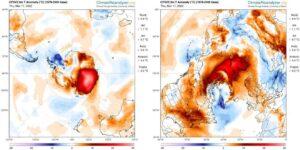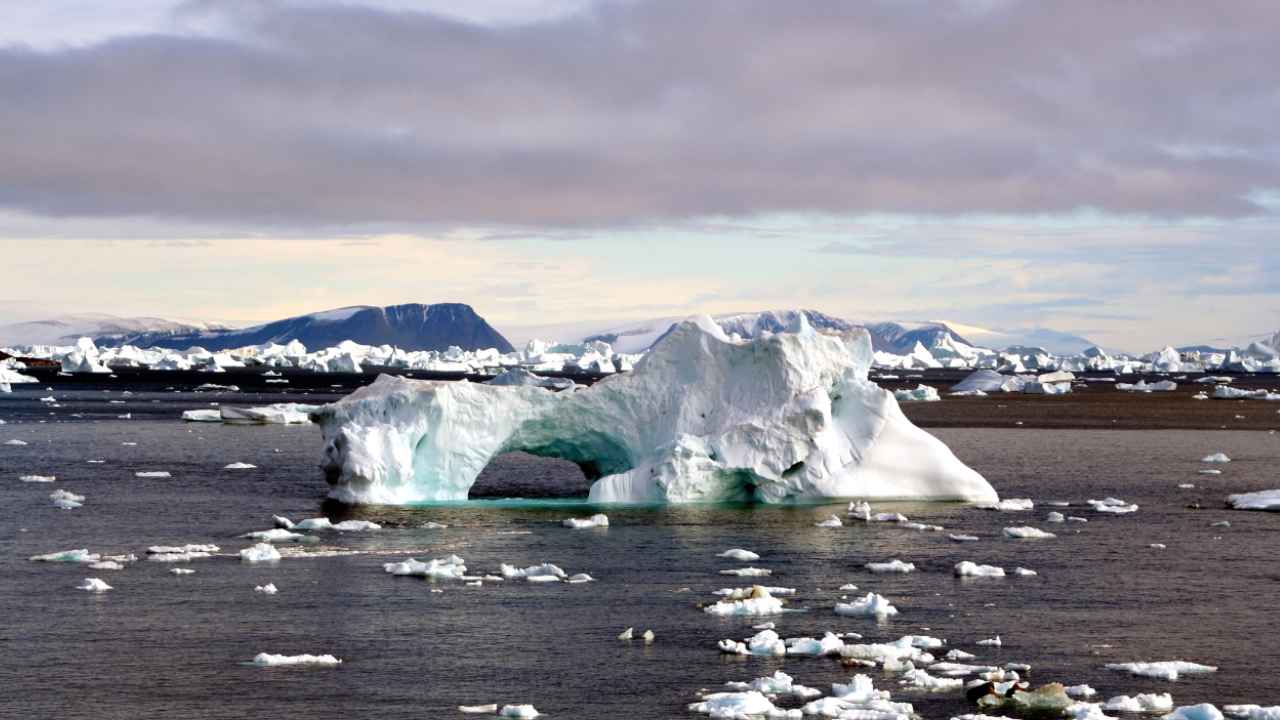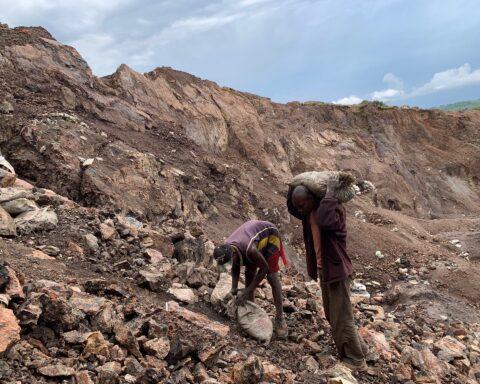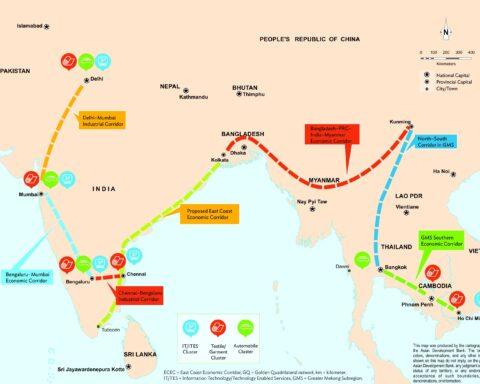As the climate crisis deepens and its impact is felt not only in India but across the globe, the situation at the world’s poles is no different. Both the Arctic and Antarctic are feeling the heat as the planet warms. Scientists have warned of a more rapid and sudden collapse of the planet’s already deteriorating climate.
The Concordia station, located high on the Antarctic plateau, reached a record temperature of -11.8 degrees Celsius, 40 degrees Celsius higher than the seasonal norm. The Vostok station recorded a temperature of -17.7 degrees Celsius, which exceeded its record high of 15 degrees Celsius.
At the same time, some stations near the North Pole reached 30°C above normal, breaking records in Norway and recording exceptionally high temperatures in the Russian islands of Greenland and Franz Josef Land.
On Friday, the entire Antarctic continent was about 4.8°C warmer than baseline temperatures between 1979 and 2000, the Associated Press reported. On the same day, the Arctic as a whole was 3.3 degrees Celsius warmer than the 1979-2000 average.

Scientists expected Antarctica to cool down after summer because the Arctic was slowly coming out of winter. However, the simultaneous unification of the two poles has confused the experts. “These are opposite seasons. You can’t see the north and south (poles) melting at the same time. It’s unbelievable,” said Walt Meyer, a scientist at the National Snow and Ice Data Center.
Scientists have described the rapid rise in temperature at both poles as a sign of unprecedented changes in Earth’s climate. Continued melting may bring new problems for humans as sea levels rise faster than expected, with current coastlines sinking in many parts of the world.





























